Invasive plants bite the dust at camp
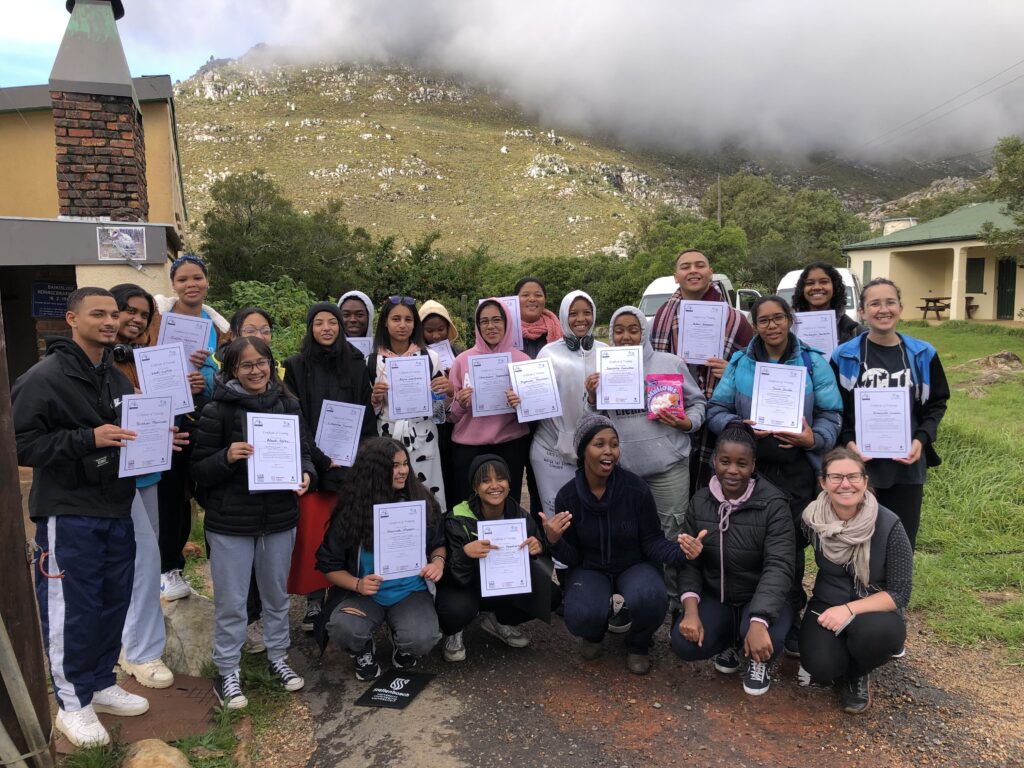
Original Article Published on Iimbovane Outreach Project.
From 19 to 21 May 2023, Iimbovane was delighted to co-host a workshop for a group of 19 high school learners from the Nature Connect Conservation Leadership Project.
The aim of the workshop was to familiarise the learners with alien plants and their invasive status ̶ ranging from invasive trees threatening our fynbos ecosystem to the weeds we see everywhere along our roadsides.
On Saturday morning, the workshop kicked off with a short hike in the natural fynbos areas around the small village on top of Bainskloof Pass. Henry van der Schyff, manager of the Bainskloof VCSV campsite, lead the hike while sharing interesting facts about the construction of the pass during the 1850’s. The hike also took the learners through a recently burned area where they could see how the first greenery is reappearing.
After quick refreshments, the learners set out to perform a survey of all the alien plants and weeds in the village and around its edges. Using a map of the town, the learners had to find marked sampling areas where they were asked to identify (where possible), count and collect samples of all the alien plants.
Some of the alien plants the learners identified included black wattle (Acacia mearnsii), Plantago lanceolata, Australian cheesewood (Pittosporum undulatum) and horseweed (Erigeron).
The afternoon was dedicated to the clearing of a vacant piece of land on the edge of the town which was covered with dense stands of Spanish broom (Spartium junceum). Each learner received a hack saw and gloves for safety. One by one the trees fell and after a while the learners could see the difference. To finish the job, the learners applied herbicide to the tree stumps before heading off to an area filled with black wattle (Acacia mearnsii) seedlings. At this area, the learners rolled up their sleeves and started pulling out seedlings ̶ roots and all.
The next day it was time to make sense of all the data they collected the previous day. Learners used guidebooks to identify the plant samples and calculated the species diversity of the sampling areas. Learning about and using the NEMBA Alien and Invasive Species List, the learners were then able to the group the plants according to their invasive status and NEMBA category.
At the end of the workshop both learners and Nature Connect educators agreed that the workshop was as much fun as it was educational.
The Conservation Leadership Project, an initiative of Nature Connect, involves learners in environmental activities in conservation areas during the last 7 years of their schooling to broaden their views and understanding of conservation and to highlight careers in the environmental sector.
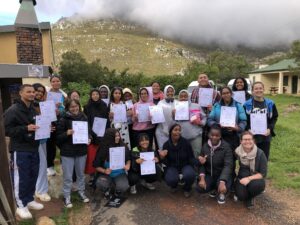
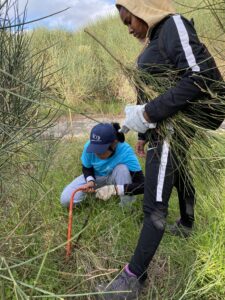
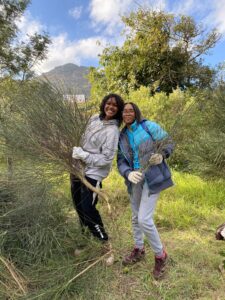
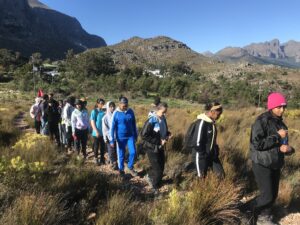
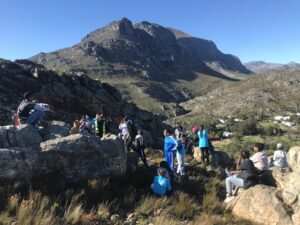
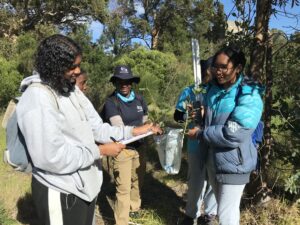
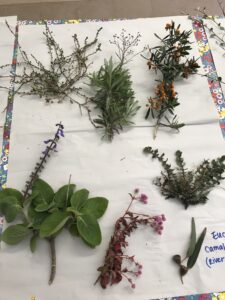
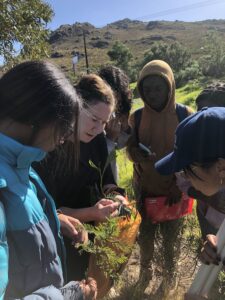
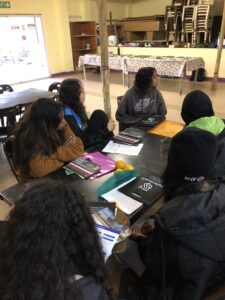
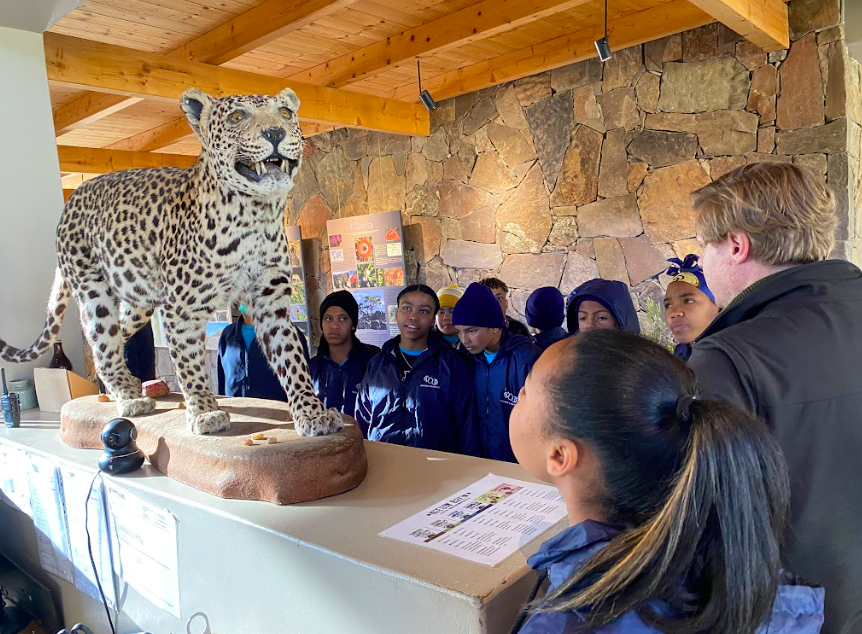
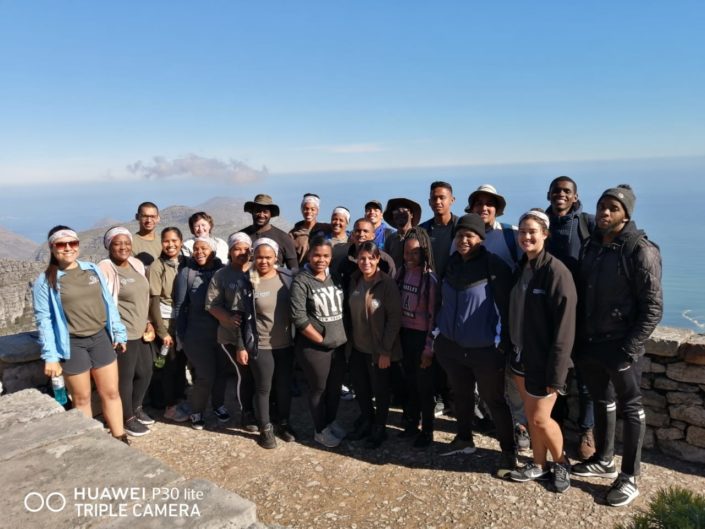
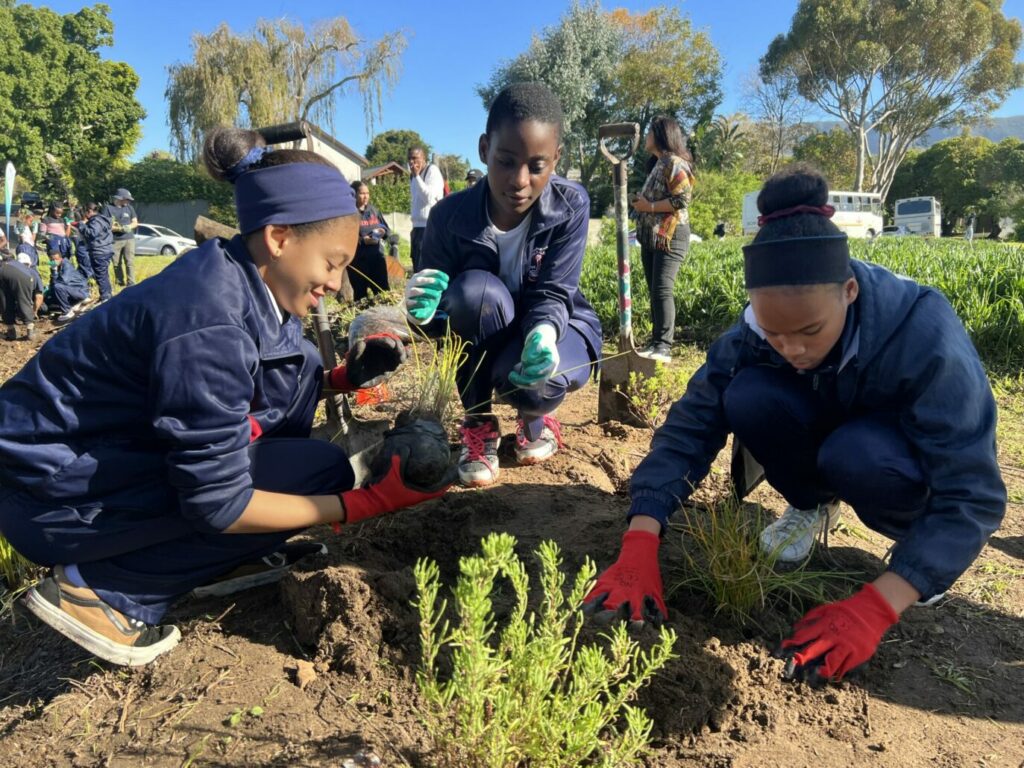
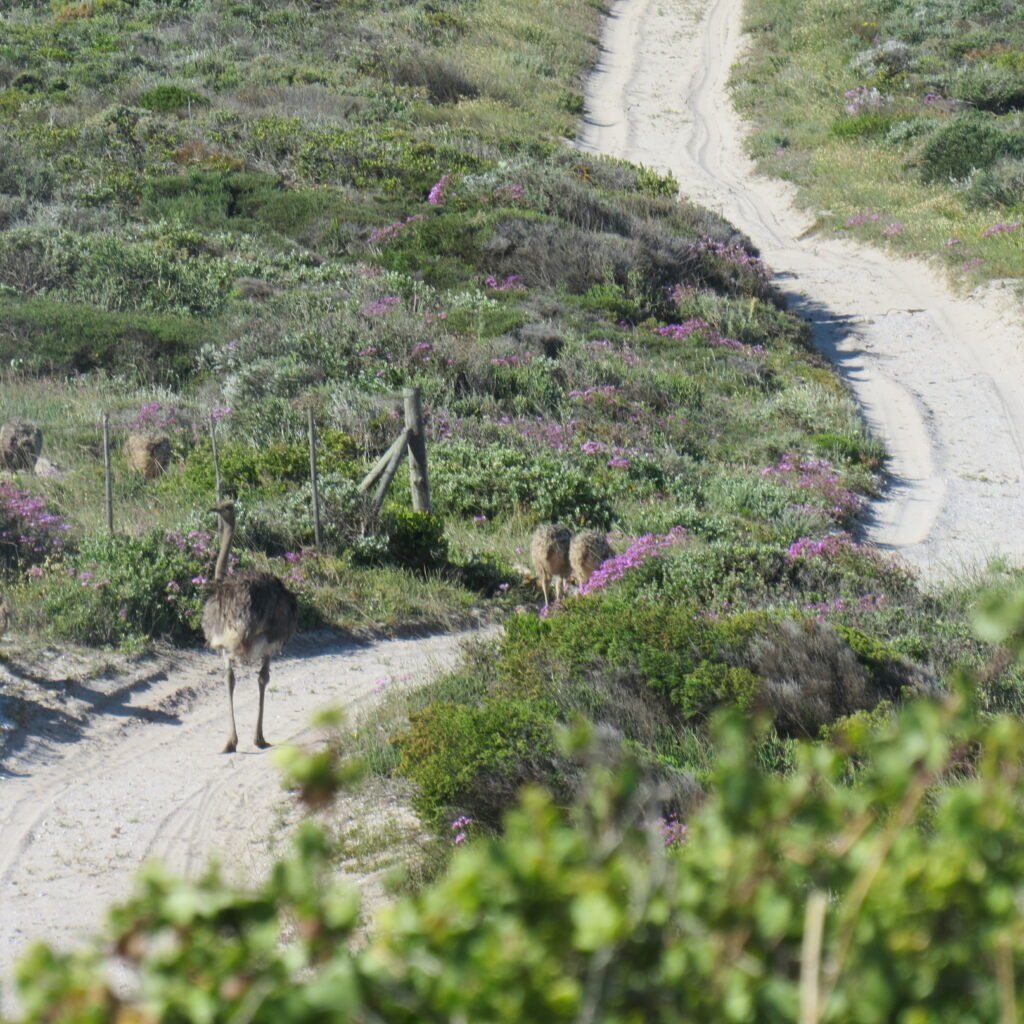
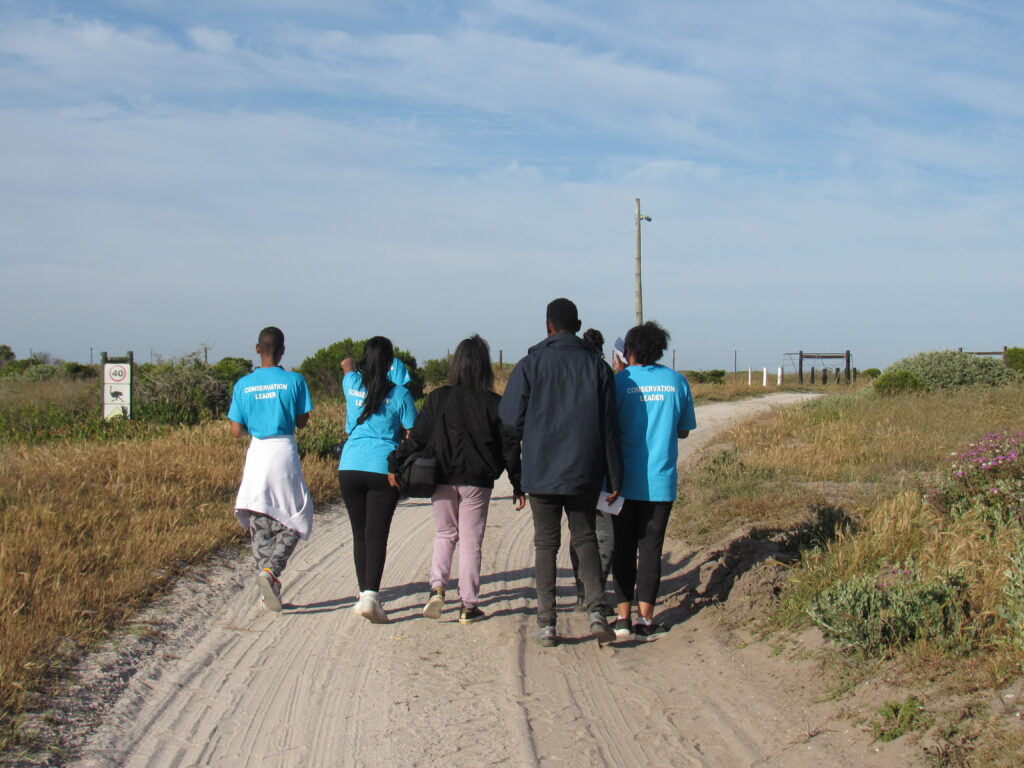

Responses